Abbey Craig first wrote for The Muse in June 2017, shortly after she had received a diagnosis of terminal cancer. The diagnosis followed a year in remission after acute treatment for primary breast cancer in 2015 when she was 37 years old.
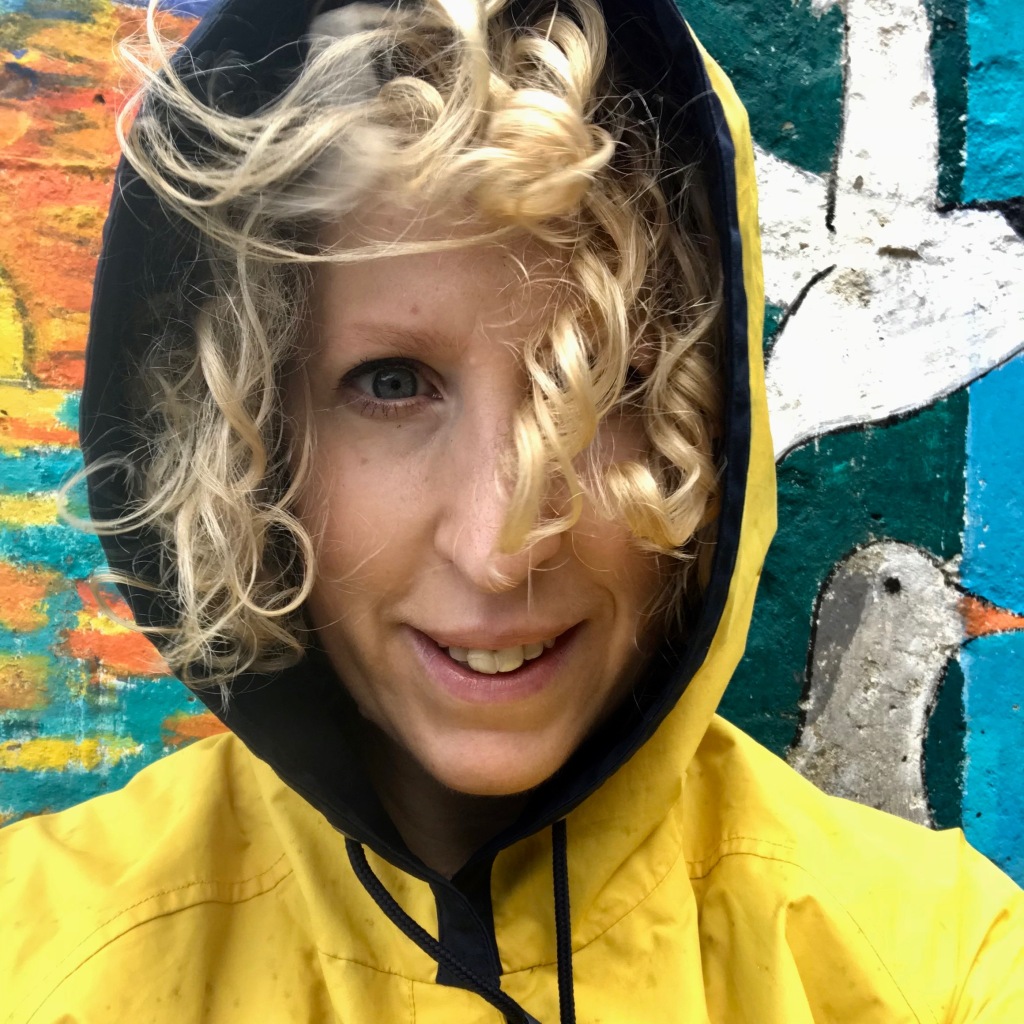
In 2018 Abbey was given the highly unusual option of a rib removal for her cancer to be further investigated. A couple of months later, after a slew of tests it was decided that the damage in the rib had not been caused by cancer after all and was healing from time, not the cancer treatment. So, it was agreed, no secondary cancer. The terminal cancer diagnosis was, in fact, a misdiagnosis and Abbey is now in remission from her primary cancer and continues with treatment to help maintain that.
We asked Abbey to write a follow up piece to her original letter (you can read it here if you haven’t done so yet) to reflect on her misdiagnosis and on how she lives now.
In Her Words…
Life After Death by Abbey Craig
When I was dying, and we all thought I had a year or so left, I wrote a letter to the 11-year-old me on how to avoid pitfalls, in which I tried to guide the younger me down a better path.
“Be well, be healthy, be happy and be free… Live! Make me proud to be me.”
So, did I really listen and hear my own advice? Am I living life the way I’d urged myself to?
I’ve tried to keep those words with me as my moral compass; it’s not always easy, bad habits can come creeping back.
I wrote about how the first diagnosis of cancer had un-encumbered me of self-loathing about my appearance. The ‘black cloud’ that had made my body and mind weak, sad and sore in many ways, had been lifted. To live without that burden is joyous, and unlike before, I have many photos to prove it!
But what next? Once I’d written that letter I still had months of the misdiagnosis ahead of me. What else did I learn, if anything?
Believing that I was dying, here’s what happened next….
I went into organisation mode, I am a control freak! It felt right to get things planned and in place for my death and its aftermath. So, the ‘The Death List’ was compiled and the next few months were all about completing it.
- Funeral service and wake planned ✔
- Letters and gifts for friends and family ✔
- Banking and official documents sorted ✔
- Memorabilia binned or passed on, including old letters and anything that might cause confusion, embarrassment (old diaries!) or hurt in the future ✔
- Excess clothing and shoes given away ✔
- Suitable support organised for loved ones beyond death ✔
This period of time was truly heart breaking because of the absolute focus on the lead up to death and of the lives of loved ones following my death. But then came MY time. The list complete and the envelopes and boxes sealed and addressed, it was time to focus on the time I had left to be ALIVE. I’d done all I could to prepare, so now I had to put aside the fear of death and illness, with the knowledge that I had it covered, as best as I could.
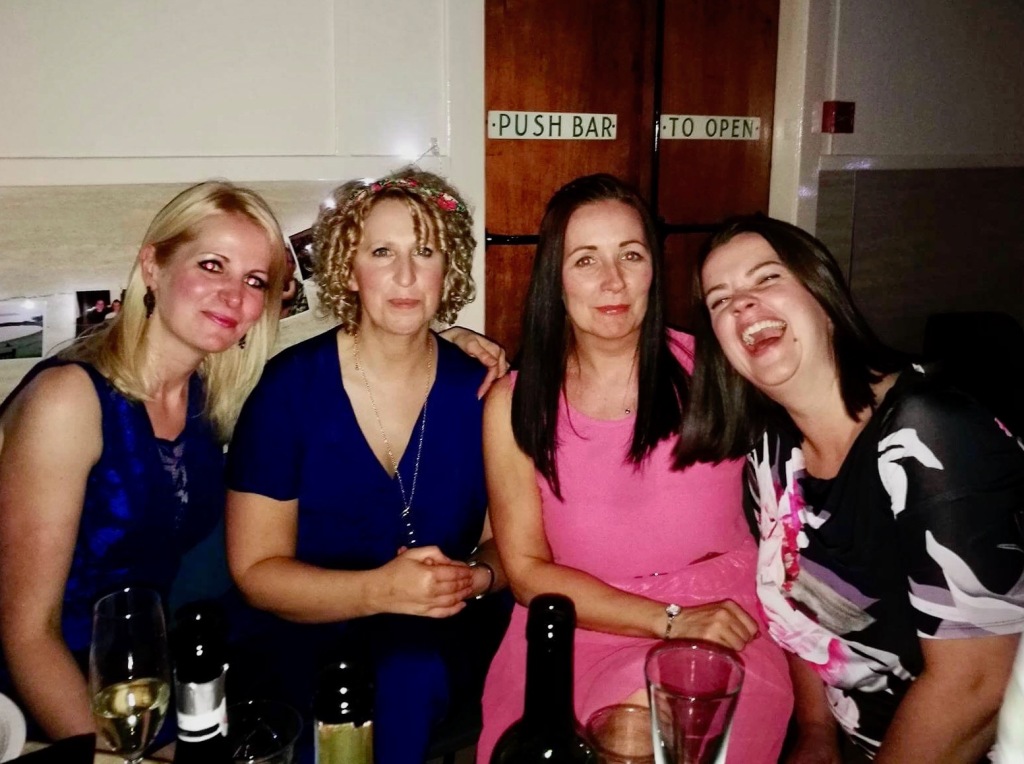
“I had clarity and I felt entitled to achieve what I could, before I got too sick. ‘I’ll sleep when I’m dead’ became my mantra. I stopped planning and just ‘did’.”
Essentially I had to stop focussing on how people would cope with my death, because ultimately, that was their pain, there was nothing I could do about that. To continue to focus on that would have left no hope for happiness or pleasant new memories to be made and really, what the hell would be the point in that? It sounds harsh but it was advice given to me and too important not to pass on.
I had clarity and I felt entitled to achieve what I could, before I got too sick. ‘I’ll sleep when I’m dead’ became my mantra. I stopped planning and just ‘did’.
We made the decision for my husband to sell his successful business in London on the quick so we could move back to Scotland to be close to family, we chose a lovely cottage by the sea, owned by family friends that had a bedroom with a view of the sea which we imagined might have become my final view out to the world.
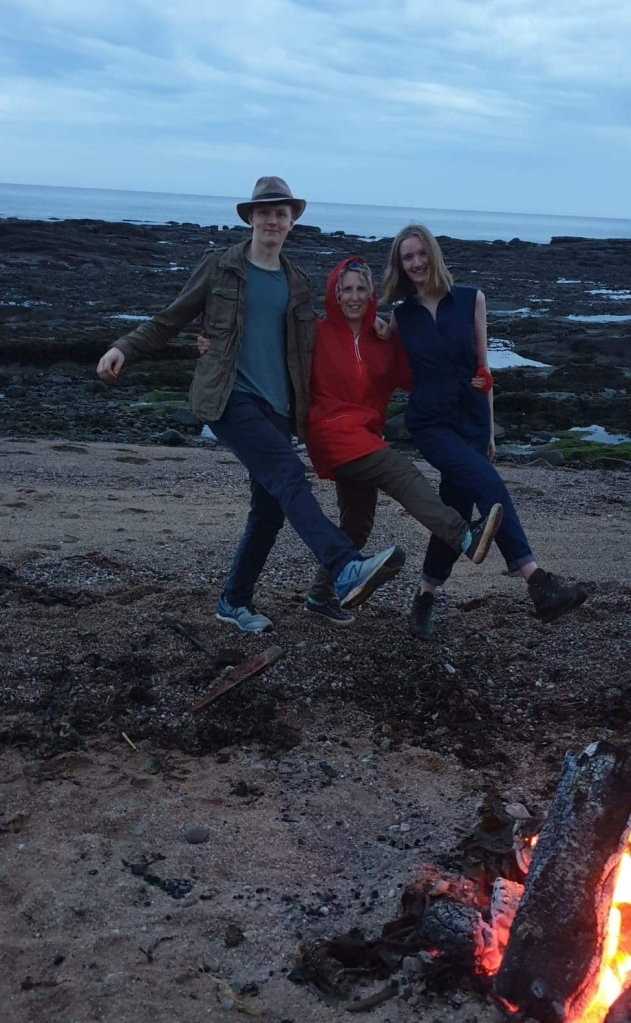
During this time I focussed on continuing to research for the children’s books I wanted to write with my dad. Having a terminal diagnosis opens doors, I was granted extraordinary access to people, in hospices, in hospitals; children and families in their very homes. A new world opened up and accepted me easily into it and I felt a belonging I’d not experienced for quite a while.
“It came to me: The realisation that I had actually lived the least tragic life anyone could have hoped for! If I’d died then, even if I die today, there will have been no tragedy.”
My previous letter admits that I had laboured for a near-lifetime under the misconception that I’d be infinitely happier if only beautiful. Whilst I was dying, the realisation came that it wasn’t just beauty that I had aspired to, but a romantic sense of tragedy.
From a young age I’d bought into the idea that being a tragic heroine, whatever the tragedy was, would validate my life.
I realised that internalising the tragedy-myth as a teenager and aspiring to be interesting and alluring, had in fact created real misery through insecurity, unintentional attention-seeking and poor decision-making and in the face of death I didn’t want to be sad or for anyone else to feel sad because of me. It came to me: The realisation that I had actually lived the least tragic life anyone could have hoped for! If I’d died then, even if I die today, there will have been no tragedy.

Of course every death is heart breaking and untimely for the person who doesn’t want to die or for the people left behind, that’s a given. But someone dying a long drawn out death when they’d rather be dead; a death going unnoticed; desperate life decisions leading to untimely deaths; deaths due to poor mental health; violent deaths; children who have so much still to experience or those who have suffered much of their life and didn’t experience how amazing living can be – Those to me are tragic deaths and none of those experiences applied to my life.
“To deny an end of life option makes living so much more painful and scary when you live with death’s presence so close.”
During this ‘awakening’ I read extensively about death and palliative care specialists guided me to books written about facing death. I realised that having no religious faith meant ‘being dead’ was not a scary prospect; there was no ambiguity in my mind. How I might suffer on the way to death was scary, in-fact it terrified me.
My way of controlling it was to sign up to ‘Dignitas’ in Switzerland where I would be able to travel and be assisted to end my own life, peacefully. This involved a traumatic conversation with my husband and parents to discuss my wishes and £8000 to cover travel, accommodation, the procedure and a cremation (which would make repatriation easier).
Once this was in place, the relief I felt was immense, indescribable in fact. I’d spent months agonising over a possible alternative, stockpiling any medication or pain killers that I thought might do the trick, going without sleep and in pain sometimes to be able to do so.
And so I had ticked something else off my Death List, I wished I’d known to deal with it first off instead of hiding from its darkness, the relief was so impactful on my whole wellbeing.
- Death options discussed with family and medical staff, arrangements in place ✔
People live with physical differences, poor mental health, chronic pain, complex health needs, illness, tragedy, terminal illness and grief and the world as it stands disables so many of us from living life as well as we could. I truly believe, along with every single person I met during my cancer treatment, that to deny this end of life option makes living so much more painful and scary when you live with death’s presence so close.
After becoming a member of DIGNITAS there is still a long and thorough process to be able to access the service. It includes many in-depth background checks and prerequisites not least the need to be of sound mind and able physically to self administer the drug (and to make the journey to the facility). Also, a member has to have a terminal illness, ‘an unendurable incapacitating disability and/or unbearable or uncontrollable pain’ for access to be granted. I believe the person in pain and/or dying should be able to choose when to end their own suffering and lawmakers should be listening to those people. Before my own terminal diagnosis I shied away from ‘taking a side’ on the assisted suicide debate, now I can say, when following these guidelines, I support it 100%.
“People nearing the end of life because of illness or age are only in limbo if the rest of the world puts us there.”
During my own misdiagnosis I adopted ‘living with’ as opposed to ‘dying from’. Such a small but crucial phrase to adopt when talking about LIVING WITH illness, even if it is LIFE LIMITING. The words ‘terminal’ and ‘dying’ sound so painful and final, as if a life has already concluded. ‘End of life’ or ‘palliative care’ mean something very different to me now because of everything I’ve experienced. Yes, they partly mean, ‘helping to die well’ but far more than that they’re about ‘living well’.

Sometimes when I was ill, it felt like I’d been written off already, like people were already disinvesting from the REAL me or even that people might be saying over a coffee somewhere, “Did Abbey die yet? Poor Barry, her poor parents. Are you having that slice?”
It’s not the lack of actual emotion I object to, not at all, it’s the dismissiveness of a life that is still being very much lived, until it’s not. People nearing the end of life because of illness or age are only in limbo if the rest of the world puts us there.
I’ve learnt that each older person or person living with a complex health need or illness is very much alive, even if they are changed, or not the same, to the outsider. Everyone feels as alive and as vital as they’d always done and no one wants to be written off, not until they actually stop breathing for good.
Everyone is dying. I’m still dying, I’m just not living with an illness!
“I made a vow to always keep my work/life balance tipped in favour of life and to only do work that I genuinely enjoy, believe in and that causes a minimum amount of stress.”
By the time the misdiagnosis news came, we were already in the throes of saying goodbye to all that we loved (and didn’t love) about London. The repercussions of our decision to move to Scotland have been the biggest for Barry who left behind a thriving business that he undersold to set us free to move immediately, in doing so we lost the financial security that we’d been working towards. But there are many things we cherish about being here and leaving London wasn’t the painful wrench I thought it would be because I’d originally thought I’d be saying goodbye forever. I visit as often as I can.
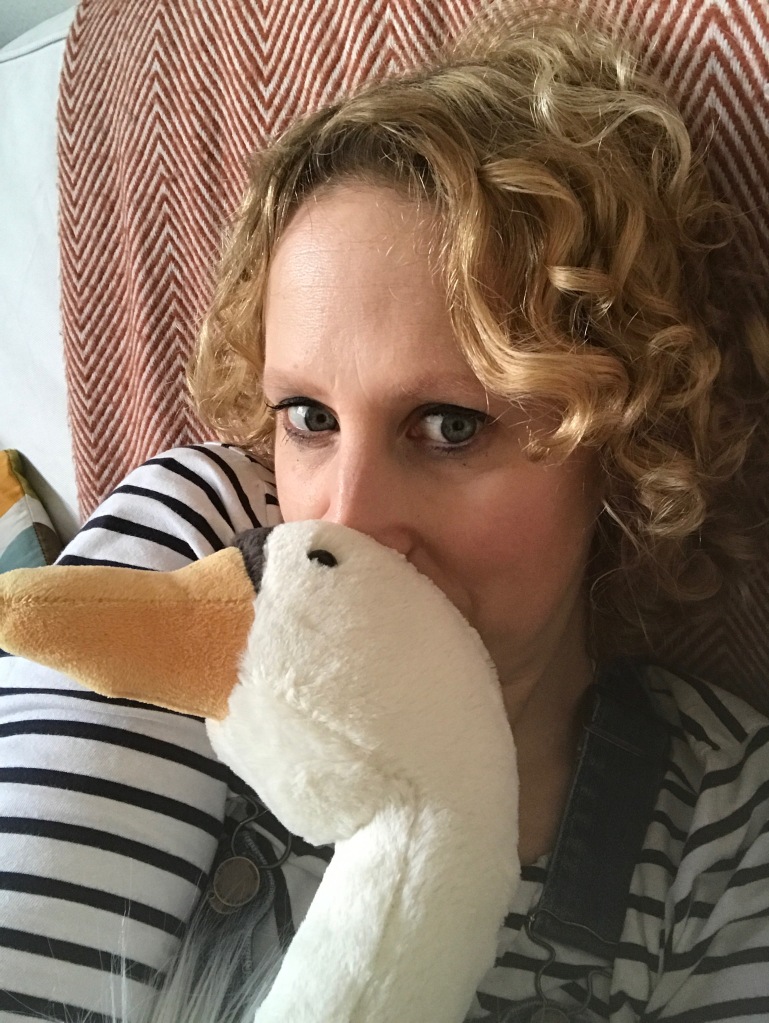
Being by the sea, next to family and old friends and living a different pace of life, offers us more security.
Whilst my dad and I are still committed to and passionate about writing and illustrating the children’s books we have planned, finding the time to do so is more difficult now that I have to earn a living! I made a vow to always keep my work/life balance tipped in favour of life and to only do work that I genuinely enjoy, believe in and that causes a minimum amount of stress.
Barry and I started Tick Tock Together in Scotland. We offer interactive music and drama sessions for children under 5 and bring popular songs and rhymes to life using puppets and role play. Tick Tock was established in London over 30 years ago by my friend who generously told me when I was moving that I’d be welcome to use it in any way I could. It fitted with my new specifications for work, something I feel passionate about, that is relatively stress free and where I can connect with people; children in particular. We’ve realised that we can incorporate some of the important aspects I want our books to include; a fantastical fun adventure for EVERYONE, inclusivity; we have puppets and characters to represent everyone in the world so Old MacDonald is a female farmer; our fairy tales include Queens who are men; we incorporate hearing aids and glasses without them always being the focus and being old or having a complex health need is just part of the norm for our puppets. We hope this will familiarise children with perceived ‘differences’ so that they can explore and ask questions that they might otherwise not have the chance to ask or have even been told specifically not to!
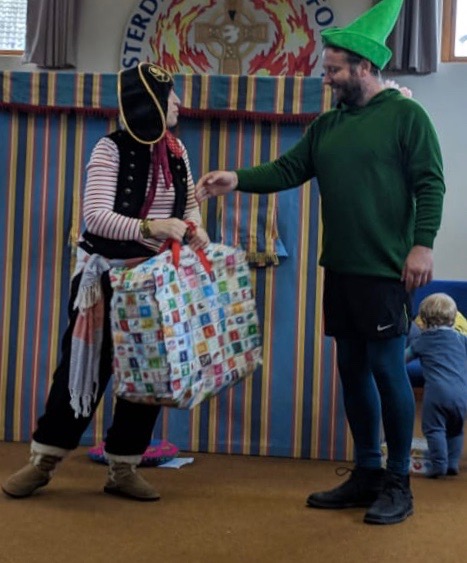
As well as representing ‘every person’ in the sessions we’re trying to make what we do accessible to every person who could benefit from it. So I adapt our shows for much older people and/or people with dementia, or for young people with complex health needs. We think Tick Tock Together is perfect for doing what the name suggests, bringing people together.
“My family and I have no interest in being angry or trying to lay blame for the secondary cancer misdiagnosis.”
I work for the Royal Voluntary Service running a singing group for folk over 50, one of the highlights of my week, there’s so much laughter, even if it’s at my expense! Under the Tick Tock Together umbrella I aim to develop intergenerational work and hope to bring together the various groups I work with to contribute to other work happening in Dundee and Angus, all helping to create a ‘caring community’.

I know that pain, in some form, is just around the corner, that’s the nature of having a life that you value and want to live fully, and of having people you love in your life.
I hope that I will be able to handle whatever life throws at me as stoically as I see many of my friends and family deal with life’s rollercoaster. I know that I handled living with cancer pretty well, but I was always sure the suffering was far worse for my loved ones and of course I was pretty fit and well and able to still enjoy life fully when I was ‘dying’.
Every day I try to see people that I love and that I think I can give love to, and I choose to try to enjoy what is now, instead of being fearful of what the future might be.
I will be forever grateful to everyone who held me and my loved ones through that particular crisis in our lives and I hope I am moving forward in a way that my dying self would approve of!
My family and I have no interest in being angry or trying to lay blame for the secondary cancer misdiagnosis. We understand that as badly as we may want it to be, medical science is not 100% reliable. We continue to be eternally grateful for the NHS and will fight in any way we can to prevent its continuing privatisation.
Pass it on:
Who would make brilliant guests on the Muse? Please suggest up to 3 people with their Instagram and Twitter handles and we’ll invite them to join us.
Marnie Baxter– My friend Marnie is an actress and her first short film, Bad Mother, that she co-wrote and directed, did really well last year winning several awards. Instagram: @eidlass78
Fi Munro – Fi, whose blog is included in my list above, is incredible. She’s living with ovarian cancer and has written books including How Long Have I Got? Her motto is ‘live like you are dying’ which, in her words means: ‘Embrace today. Live for the moment. Stop worrying about the future. Focus on today. Laugh more. Take the risks. Follow your dreams. Be unashamedly you. Make the day good.’ She’s fierce, funny, truly inspirational and says fuck plenty.
Some of the books and organisations that help Abbey to live well are listed below:
https://www.goodlifedeathgrief.org.uk
http://www.dignitas.ch/?lang=en
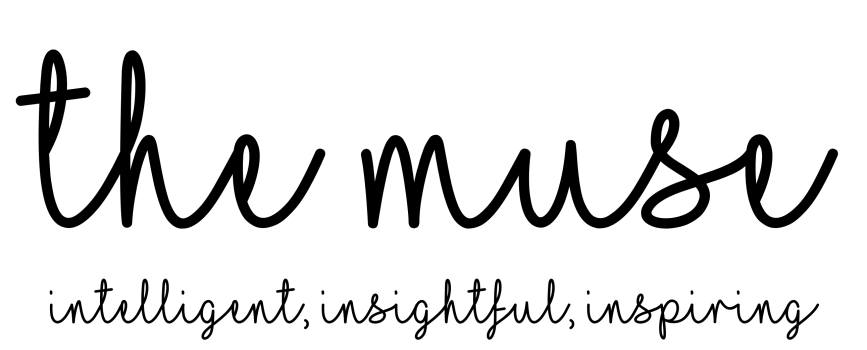




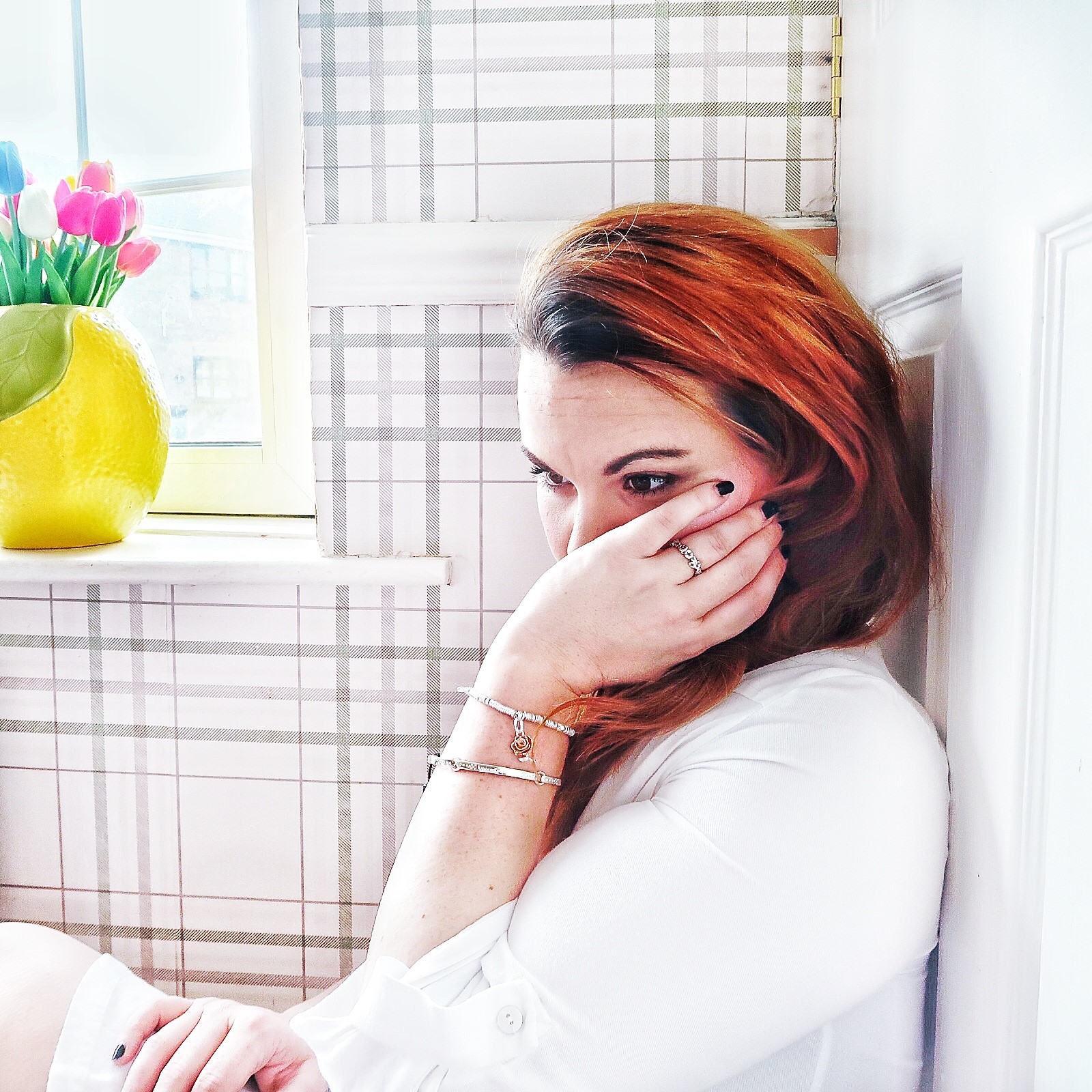 Harriet Shearsmith is the creator behind
Harriet Shearsmith is the creator behind 
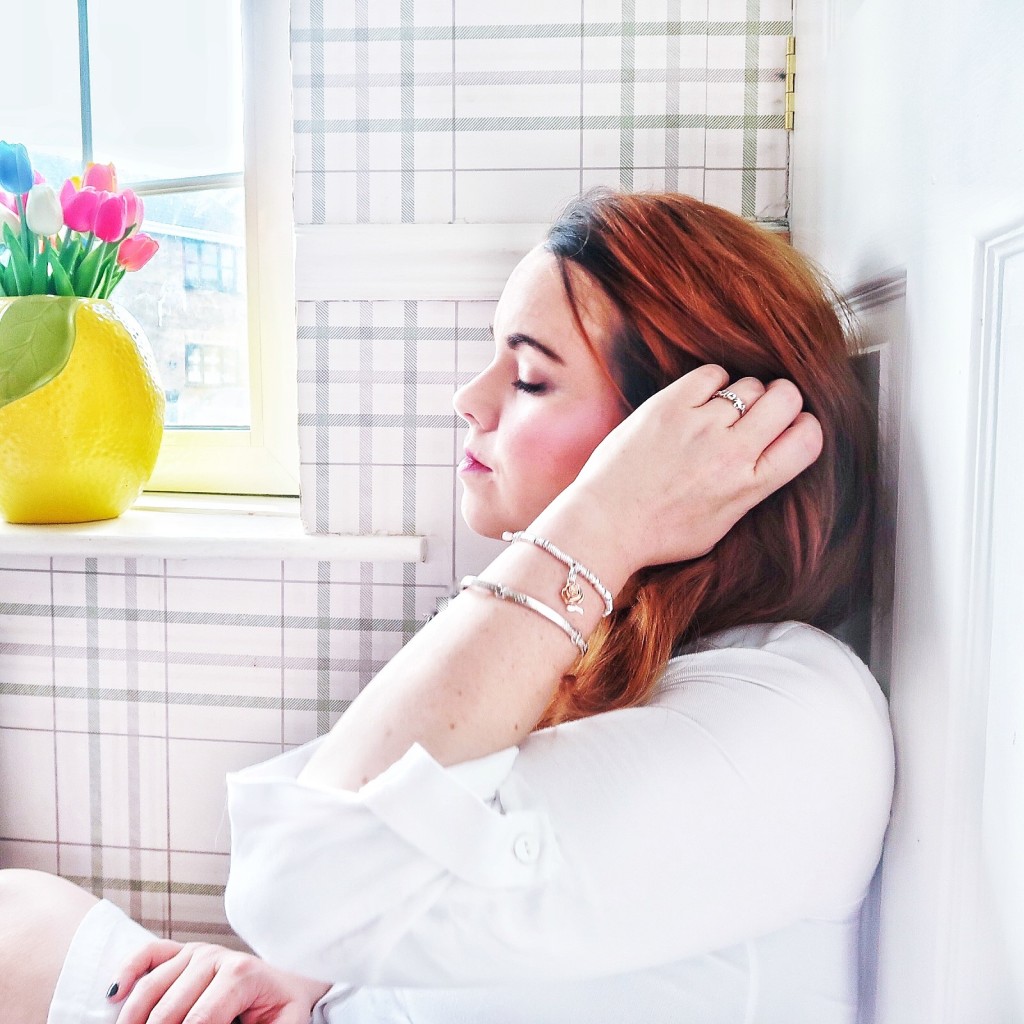

 Rachel Cathan is a writer from Bedfordshire. In 2001, a mutual friend introduced her to a part-time pub DJ in Southend-on-Sea. A month later, they had moved in together, around seven years later they tied the knot, and a little while after that – just like so many couples before them – they made the exciting and terrifying decision to start a family. And then, like a growing number of couples today, well…not a lot happened.
Rachel Cathan is a writer from Bedfordshire. In 2001, a mutual friend introduced her to a part-time pub DJ in Southend-on-Sea. A month later, they had moved in together, around seven years later they tied the knot, and a little while after that – just like so many couples before them – they made the exciting and terrifying decision to start a family. And then, like a growing number of couples today, well…not a lot happened.



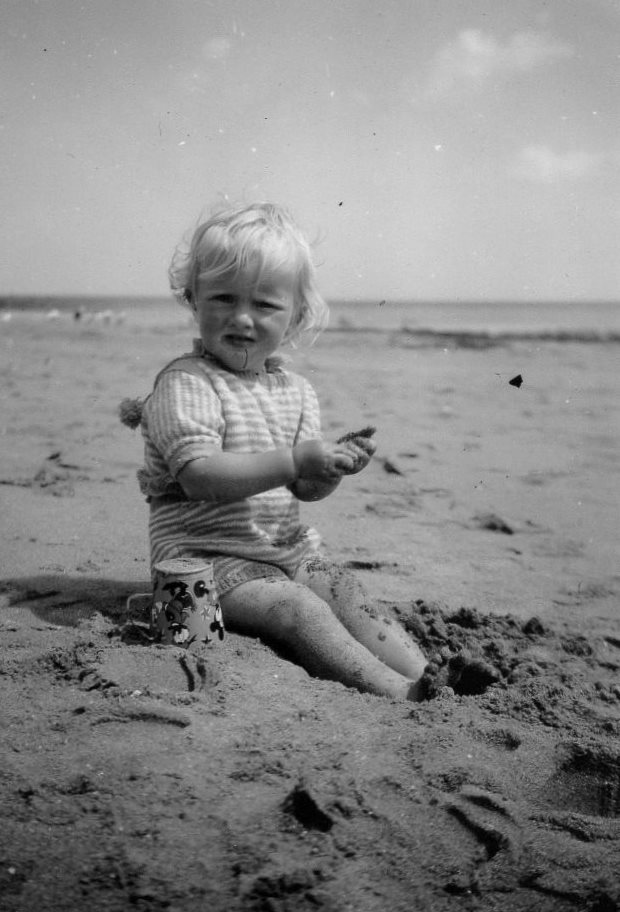



 Lora is a wife and mummy of four sons. In 2012 her family were devastated when her third son, Finn was born sleeping.
Lora is a wife and mummy of four sons. In 2012 her family were devastated when her third son, Finn was born sleeping. 

